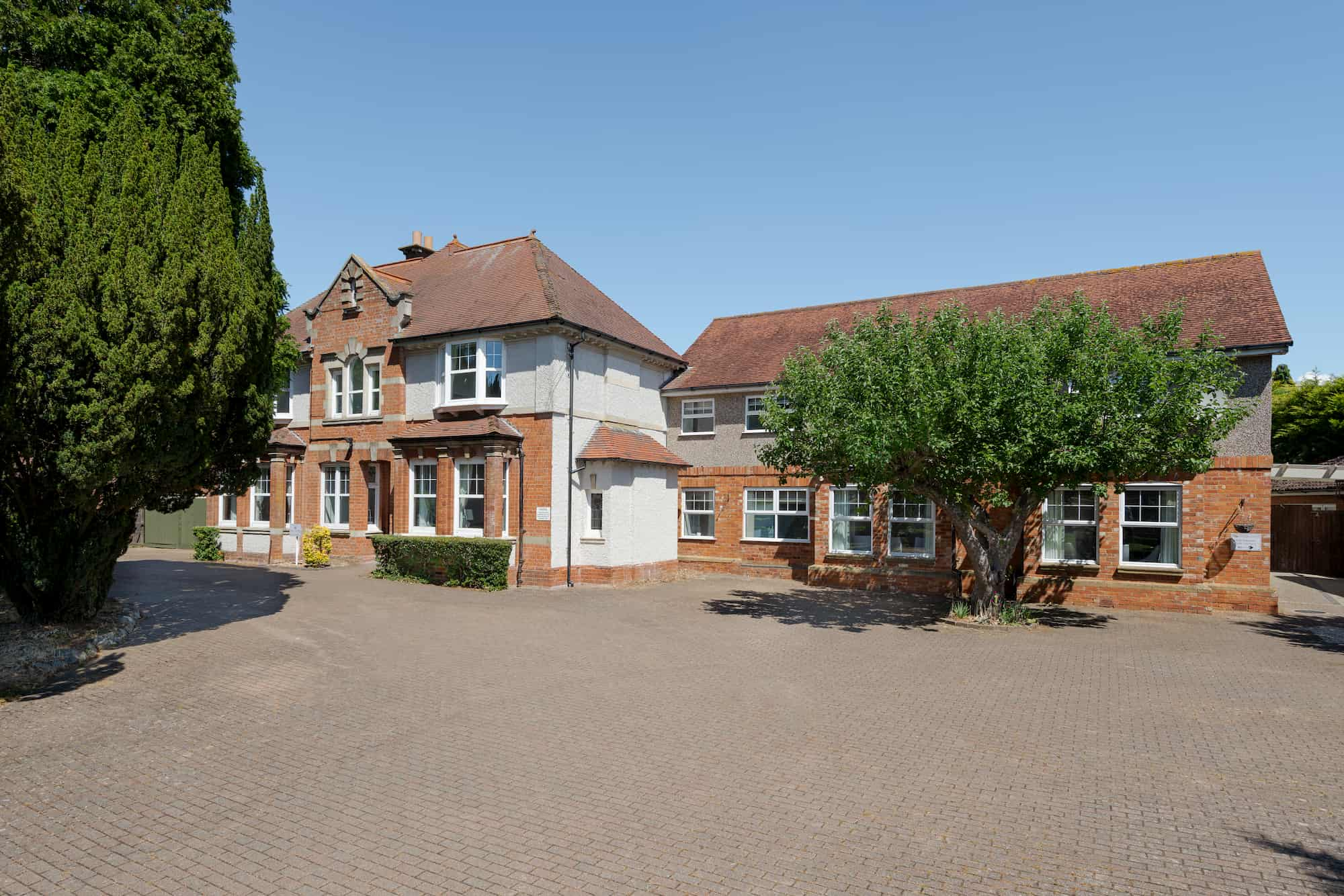If you are struggling with a drug or alcohol addiction, you might not know where to turn. Even if you have loving family members or a strong and supportive social network around you, they are unlikely to have the sort of expert knowledge you need to beat addiction.
Help is available, though and recognising that you need professional help is always a hugely positive step in eth right direction. Once you do, there are still decisions to be made regarding the type of help and treatment you seek. Holistic addiction treatment programmes delivered in rehab are designed to treat every part of your addiction, from psychological and behavioural issues to physical dependency and withdrawal symptoms.
This is why drug and alcohol rehab in Penzance could be your best option.
Understanding Addiction
Although our scientific understanding of addiction has progressed massively over the past few decades, some people still feel that it is something to be ashamed of, or that anyone can quit with enough willpower.
In reality, the very nature of addiction makes it extremely difficult to beat without expert help and evidence-based treatments. Addiction is marked by continued compulsive use of the substance, despite the fact that there may be negative consequences. It can also ‘rewire the brain’ and the way it processes things like reward, pleasure and impulse control.
Further, physical dependence is another big problem, as this can lead to strong cravings and a range of physical and psychological withdrawal symptoms when the substance is removed. All this can help explain why addiction is so difficult to beat alone, but it’s important to remember that every aspect of addiction can be successfully treated.
Detox and Withdrawal Symptoms
Unfortunately, there is no magic cure for addiction. It takes a lot of hard work and motivation, and there are likely to be some very difficult times, especially when undergoing a drug and alcohol detox. This is when your system metabolises the drugs and alcohol already in your system and adjusts to a new balance of chemicals.
This can range to a number of unpleasant – and sometimes dangerous – withdrawal symptoms. These can vary widely depending on the substance you are withdrawing from and other factors such as how long and how heavily you have been using it. Some drugs like cocaine and marijuana are associated mainly with psychological withdrawal symptoms while withdrawal from alcohol and opioids such as heroin and some strong painkillers can also bring severe physical symptoms. It’s always best to undergo an alcohol and/or drug detox in a supervised setting like rehab so that the symptoms can be managed and medical assistance will be on hand if needed.
Rehab also has the added advantage of being a secure environment with no ready access to drugs or alcohol. This prevents you from trying to alleviate cravings and symptoms with ‘just one more’ drink or a hit of drugs. Many people in recovery could tell you that it is never just one more and that you could end up back at square one or even worse. Repeatedly trying and failing to quit – generally because you do not have the right support and treatments–can further damage your confidence and self-esteem, making the whole problem worse.
Drug and Alcohol Rehab Treatments and Therapies
Detox is usually the first major step in a complete alcohol and drug rehab programme, but it is certainly not the end of the recovery journey. There is no point putting yourself through the stress and pain of detox and withdrawal if you are simply going to go back to drugs and alcohol at the earliest opportunity – or further down the line.
To help you to avoid relapsing, you will also take part in a range of therapies and other treatments designed to address the root causes of your substance misuse. These could include recognised psychological techniques such as cognitive behavioural therapy (CBT) and counselling. Group therapy can also be valuable as you discuss your experiences and learn from others going through similar journeys.
There may also be workshops and therapies designed to help you improve your overall health and well-being, as well as relapse prevention sessions that will help you to develop strategies for maintaining your recovery once you leave.
Aftercare: What is it?
A full rehab addiction treatment programme will give you the tools and knowledge you need to maintain your recovery, but there can still be challenges. People in recovery are often vulnerable in the first few weeks and months after rehab, which is why a good aftercare plan is so vital. A personalised aftercare plan can contain a number of elements, such as 12-step programmes, support groups, ongoing counselling sessions and planning with family members. It will also provide accessible support that is there when you need it most.
Why Choose Addiction Advocates?
Residential rehab is generally considered to be the single most effective way of treating a serious drug or alcohol addiction problem. Not all rehabs are the same though. The facilities and treatment options on offer can vary considerably. It can be difficult to know what to look for, especially when you are already struggling with substance misuse. At Addiction Advocates, we work with a range of different rehabs to ensure you find the best one suited for your own individual needs. We can also help guide you through the referral and admissions process, which is one less thing to worry about.
So if you’re looking for drug and alcohol treatment in Penzance, contact us today to find out how we can help you move forward into a more positive tomorrow. Alternatively, you can call our team on 0800 012 6088.



